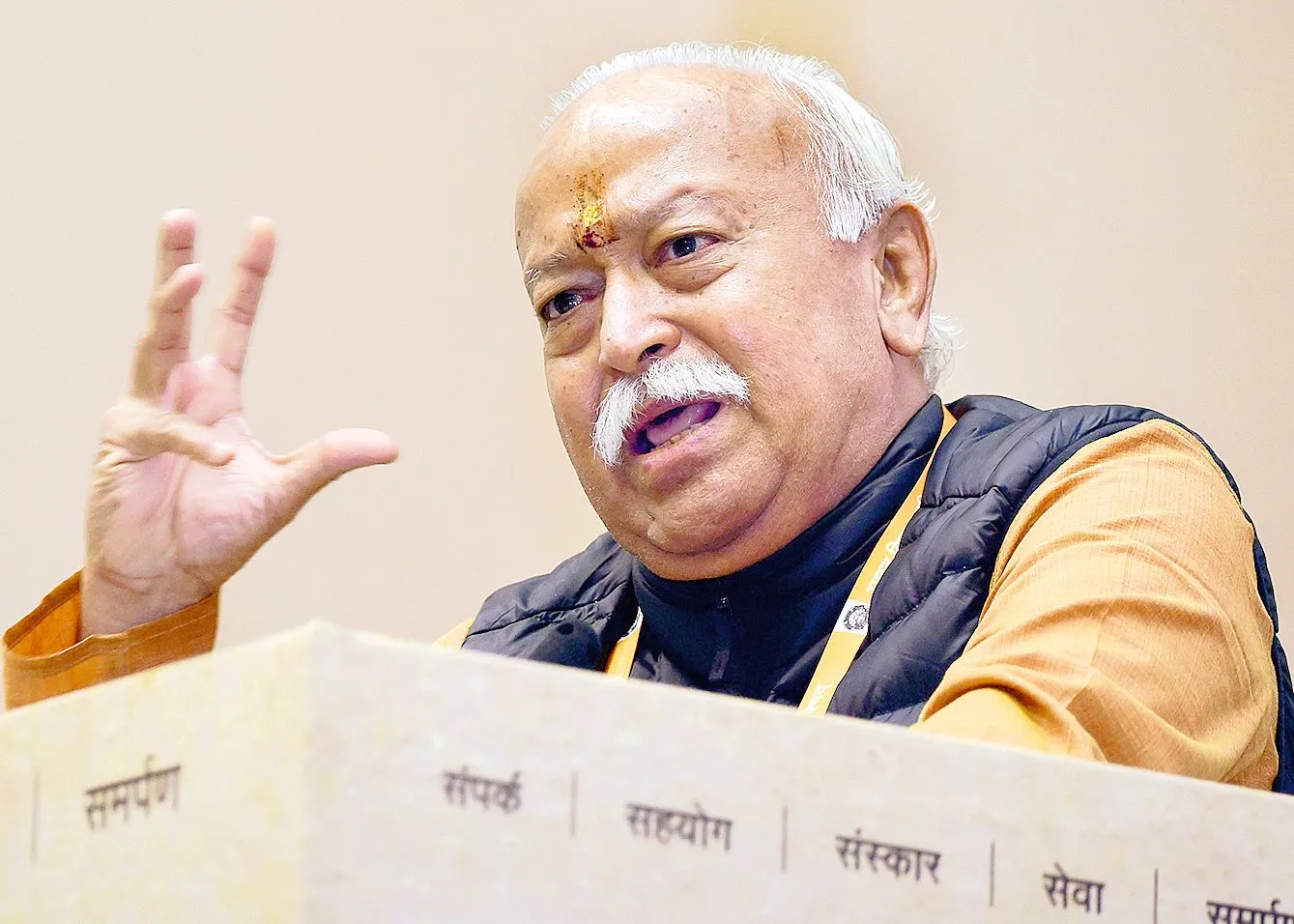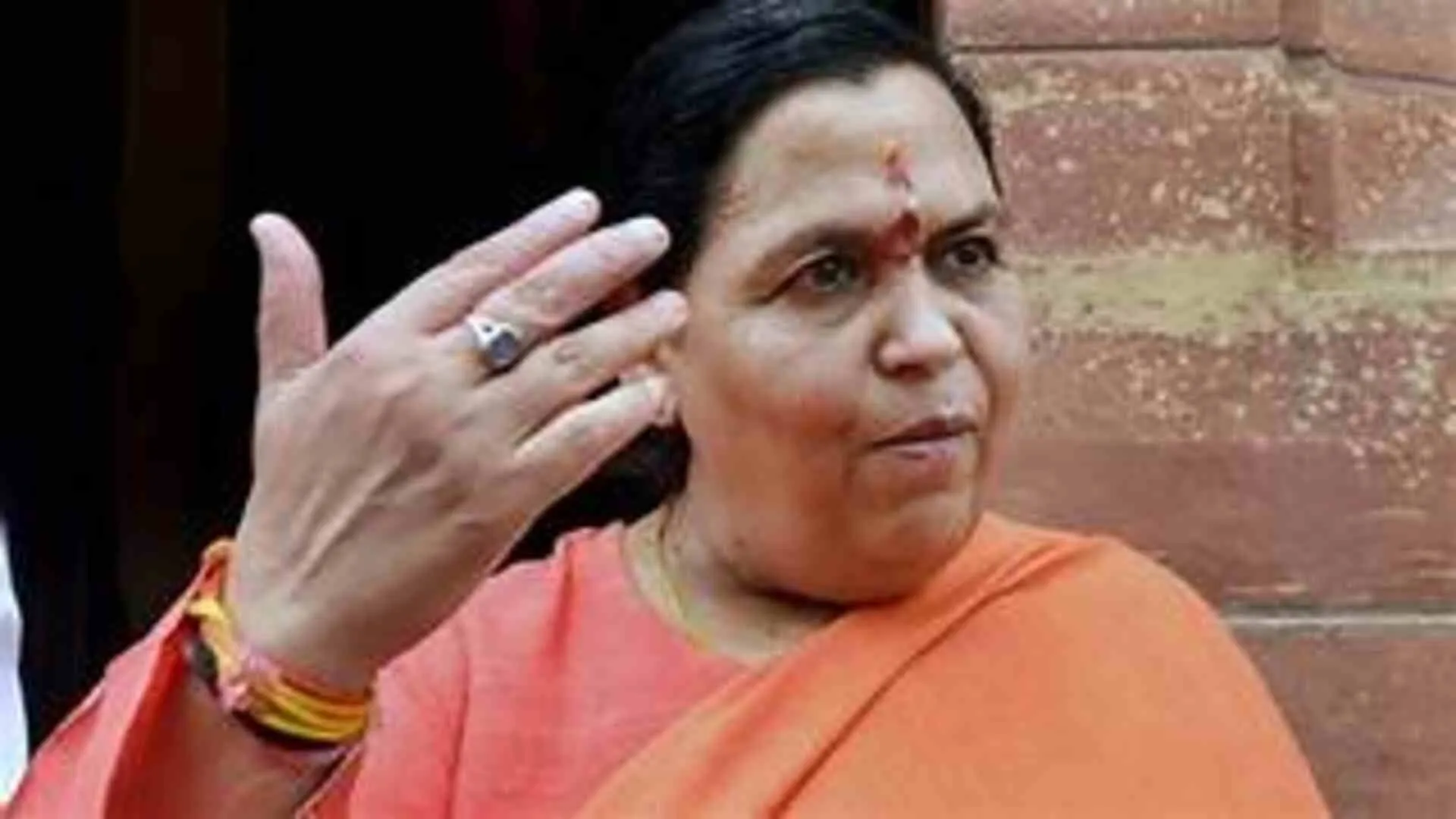Last year, Prime Minister Narendra Modi announced 16 January as National Startups Day. As India is emerging as a hub for startups, it’s important that all the startups come together and chart out a roadmap. India is one of the budding hubs for startups in the world. Startups are engines for economic growth and transformation of lives by generating a number of jobs. Many startups like Redbus, Paytm, Zomato, Ola etc have transformed India in different sectors and disrupted larger industries in the country. The Government of India floated several initiatives for providing funds such as SIDBI fund, Startup India seed fund scheme (SISFS) fund, Credit guarantee scheme for Startups (CGSS). These initiatives help the startups to get funds easily. However, funds are not the only factor for success of any startup. Working innovatively in the competitive world is also important for any startup. In addition to that, recognition and credit for innovative startups are important. That’s why the government has set up national awards for startups. The aim of the awards is to acknowledge the startups, who have contributed significantly in building the startup ecosystem. As India takes G20 presidency, India has introduced Startup20, it is an engagement group which has potential to revolutionize the G20 and drive global progress through innovation, collaboration, entrepreneurship and inclusivity. Startup20 will allow young companies from the G20 countries to share ideas, policies and business models that can accelerate economic growth. These startups are critical for achieving the sustainable development goals (SDG). By collaborating through the startup20 engagement group, member country startups can identify and address key issues in developing innovative products or services that address social and environmental challenges. Startup20 can play a critical role in addressing international problems for startups. For example, startups may face regulatory hurdles and challenges when they enter into a new market such as legal frameworks, business practices. Startup20 can be a global point of contact for facilitating collaboration and knowledge exchange between top startups and governments. India’s youth is a big asset to the country. As the world is experiencing a dramatic shift with changing social dynamics and technological transforms, the youth population will contribute to the country’s ambition of global leadership. India continues to contribute to the global workforce, which produces the largest number of qualified engineers and technologists. These young engineers and technologists fuel their ambitions for financial security and quality of life for the next generation. These young working forces play a key role in building the startup ecosystem in the country. In addition to that, the Government of India imparted many skill development programs such as Skill India, e-learning, ed-tech, etc. It boosts the skill and innovation of the youth of the country. Skill development programs will enable the youth to work in relevant sectors and improve productivity. Over the last decade, middle class families are growing steadily in India due to that, they invest in the quality of education and skill development programs for the next generation. To increase the number of young entrepreneurs, the Government of India proposed Startup India. It focuses on three areas: simplification and handholding, funding to startups, and Industry-academia partnership. It helps freshers to start innovative projects to fulfill a social need. In 2022, despite layoffs and pandemic startup India has created 2,30,000 jobs. As per the DPIIT, India has registered 7,70,000 startups and the collective worth of these startups is more than $ 400 billion. After the US and China, India has the third largest ecosystem in the world. This startup ecosystem greatly influences the country’s GDP and it has the capacity to add 4-5% of the country’s GDP. In last year’s Independence speech, Prime Minister Modi stressed India’s startup ecosystem and India’s youth role in the fourth Industrial revolution. The government of India has proposed many initiatives to the youth in the technology industry such as the Startup India seed fund, Atal innovation mission, Skill India, software technology parks, nextgen IEDC, etc. A high literacy rate among the youth and internet penetration at this age will help them in acquiring new skills. It encourages them to think innovatively and take risks to establish startups. Due to these initiatives, a new sense of confidence instilled among the youth to pursue their dream of entrepreneurship. These initiatives will also help the youth to create and nurture an ecosystem which is conducive for entrepreneurship. Startup India has contributed in asset generation for the nation’s development as well as reiterating the government of India’s commitment to fulfill the make in India dream with the hub of innovation, design and startups. For the last couple of decades, India has been experiencing urbanization. Thanks to urbanization, a lot of young people are migrating from rural villages to urban cities and starting different ventures innovatively, which are centers of employment for generations. It will lead to cultural diversity in the country. Due to this cultural diversity in the same cities, will bring sharing ideas, various language skills, new ways of thinking, innovative ideas, and creative solutions and help in a more productive workforce. Apart from that, India’s young diaspora has been continuously contributing to global IT companies. India’s diaspora made a remarkable journey in innovative technology and creativity. Dozens of young Indian technocrats are leading globally reputed IT companies. The Young Indian diaspora is building the bridge between India and the World. Though India is the third largest startup ecosystem, still India needs to address some challenges such as government regulations and bureaucracy should be unwrinkled for young companies. Many startups are facing a lack of talent. Though governments started many skill development initiatives to improve the quality of graduates, still startups and industry are lacking skilled labor. Though governments have proposed many funding schemes to startups, still funding is a key challenge for a startup. Governments need to encourage larger companies to invest in startups. It would lead to a healthy environment between large industries and young companies. If the government removes the obstacles and ensures smooth startup ecosystem growth, India would emerge as the world’s largest startup ecosystem in the next decade.
Venkatakrishna Rao K. is a research scholar, IIT Varanasi.























